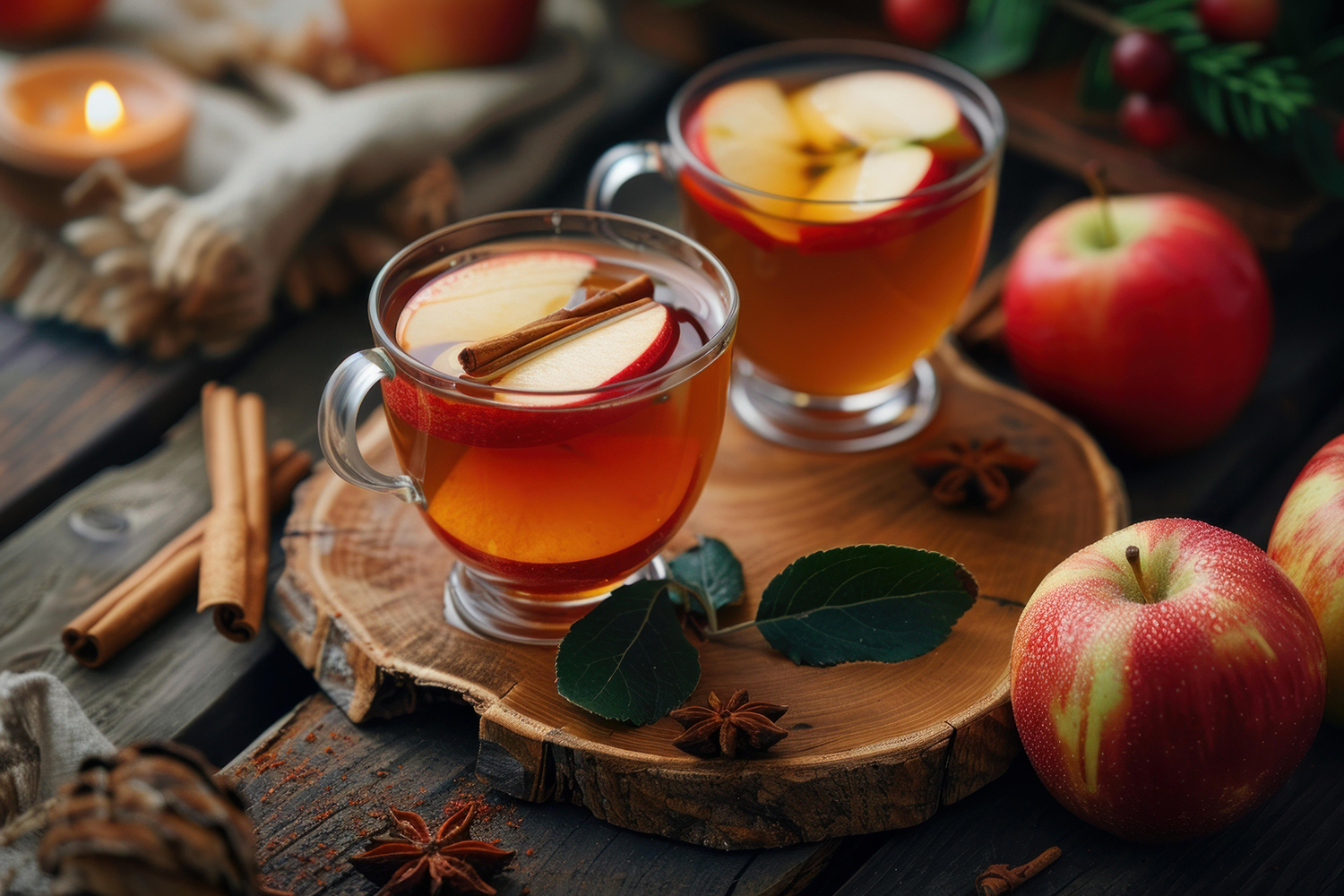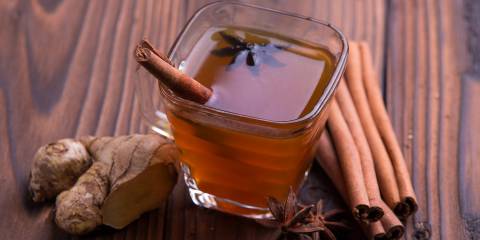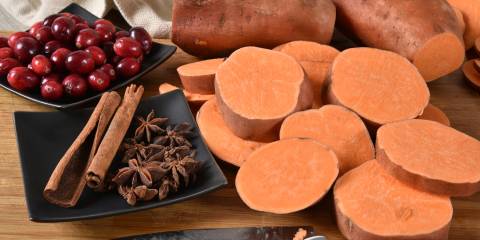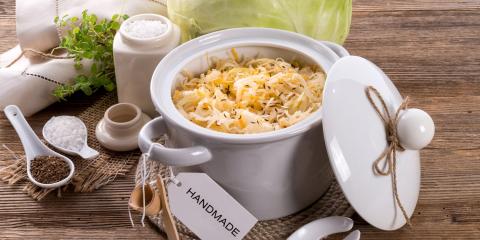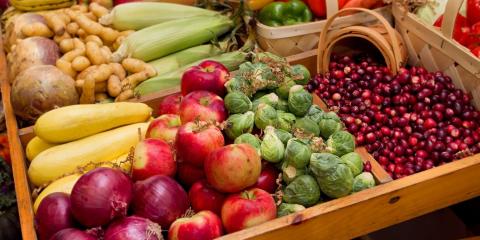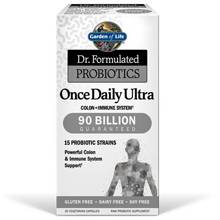Cider has many of the same health benefits as whole apples because of how it’s made.
Cider's Nutrient Content
Perhaps you’ve heard the expression an apple a day keeps the doctor away? Well, what about a cup of cider? Is it as good for you as an apple?
Research is limited but the short answer is: not quite.
While apple cider won’t offer the same nutrient concentration as whole raw apples, there’s still plenty to keep you sipping.
-
Vitamins and Minerals
Apple cider contains vitamins, minerals, and nutrients such as potassium, calcium, and iron, as well as gut-friendly bacteria that are promoted by cider’s ability to deliver 90 percent of its plant polyphenols to the colon intact.
-
Polyphenols
The polyphenols found in apple cider help fight free radicals in the body, and can decrease blood pressure, lessen inflammation, and lower risks of heart disease and cancer. Apple cider contains significantly more polyphenols than apple juice, making it a healthier beverage choice.
-
Fiber
There’s not as much fiber in cider as an actual apple. But those who experience constipation or symptoms of irritable bowel syndrome may find some relief in drinking it.
-
Pectin
Cider is not filtered like apple juice is, so it contains some of the apple’s pectin content. A soluble fiber, pectin can help keep you regular. Apple cider can also help relax the intestines, contributing to easier digestion.
-
Water
Easy to swallow since it’s mostly water, apple cider helps with hydration when you’re not feeling well.
-
Sugar
Cider is 100 percent juice from apples. One cup contains 24 grams of sugar, most of it the natural sugar fructose. Stick to a 1/2-cup serving size, or dilute the cider in half with water to control your sugar intake.
How is Apple Cider Made?
Washed apples are chopped up into a mash. Then they get squeezed or pressed to get the maximum juice out of the apple pulp.
There may be potential risk of contamination if apple cider has not been pasteurized. This can be particularly true if the cider’s been made from “drops,” which are apples harvested from the ground.
Choosing and Storing Cider
What to Look for in a Cider
Shelf-stable or frozen apple cider has typically been pasteurized. However, if you buy the cider from a refrigerated case, it may not be pasteurized. Check labels.
If you’re uncertain of a cider’s status, you can boil it before drinking to kill any bacteria. Freezing apple cider will not destroy bacteria.
Making Cider at Home
When making cider at home, avoid using “drops.” Be sure the apples are clean and fresh.
Does Cider Need to Go in The Fridge?
Most cider is pasteurized just long enough to kill bacteria without affecting its sweet flavor.
But keep your cider chilled in the refrigerator like milk, and drink it within a few weeks.
